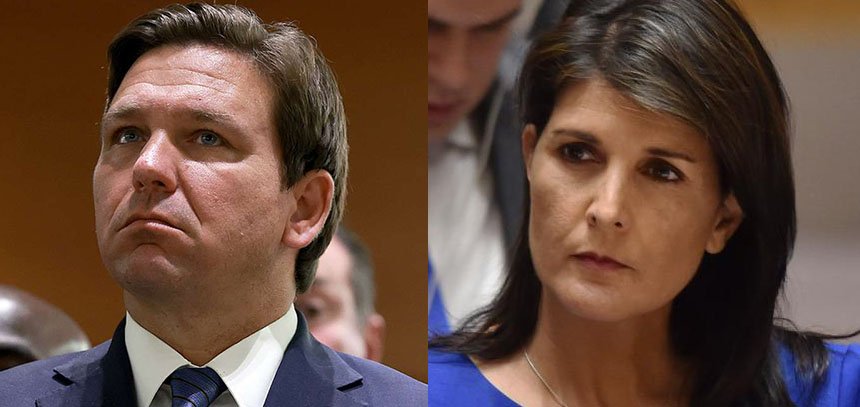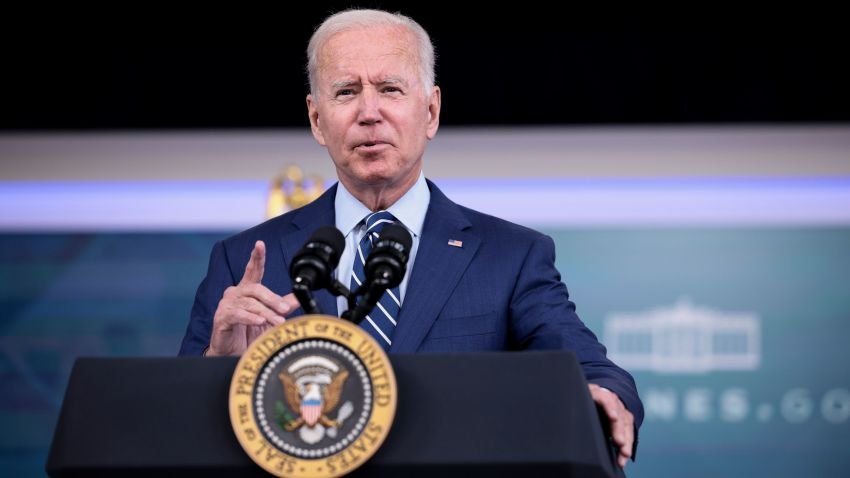the ever-evolving political landscape, potential threats to Donald Trump’s influence are taking center stage. As we delve into the latest breaking news and today’s political dynamics, key figures emerge as contenders, raising questions about the future trajectory of the Republican Party. Kristen Soltis-Anderson, political commentator, provides insights into the perceived threats posed by two prominent figures – Ron DeSantis and Nikki Haley.
According to Soltis-Anderson, Nikki Haley stands out as the more formidable challenger to Donald Trump. Despite Desantis being initially touted as a strong competitor, his 2023 has been marked by a decline in popularity. Operational failures, super PAC challenges, and strategic missteps have hindered Desantis’ ability to position himself effectively against Trump. In contrast, Haley, while facing a significant uphill battle, presents a plausible path to challenging Trump’s dominance.

The dynamics of the Republican primaries add another layer to this analysis. The campaign projects that Donald Trump will officially secure the Republican nomination by the March 19th primaries, including Florida. However, a potential crack in Trump’s nomination run could be visible in New Hampshire, where Nikki Haley trails by 15 points. Katherine, another commentator, suggests that while the chances are slim, Haley could present a more credible alternative to Trump, especially considering her perceived moderation and appeal to suburban voters.
However, the political landscape isn’t solely shaped by internal party dynamics. External factors, such as legal challenges, come into play. Donald Trump faces four criminal indictments on 91 felony counts, yet, surprisingly, this has not dented his support base. A recent poll in “The New York Times” reveals that only 24% of Trump supporters believe he should not be the nominee if convicted. Jane, a political analyst, challenges the notion that legal troubles only bolster Trump’s standing. She argues that being indicted or convicted is inherently detrimental and that the narrative of it benefiting Trump is a simplification.
As the discussion navigates the hypothetical scenario of Trump’s conviction, potential impacts on his political viability are explored. Jane contends that a conviction would be catastrophic, challenging the notion that anything unfavorable for others is advantageous for Trump. Reihan, another commentator, acknowledges the realistic possibility of it harming Trump but emphasizes the importance of considering the broader playing field. With multiple candidates vying for attention, Trump’s substantial and loyal support base remains a key factor in his favor.

The conversation then shifts to Joe Biden and the challenges he faces with a record-low approval rating of 34%. Speculation arises about the chances of Biden dropping out of the race due to his diminishing popularity. However, the consensus is that the time for such a decision has nearly passed. Absent a significant intervention, such as tough conversations with family or doctors, Biden is expected to persist in the race. The lack of a compelling plan B and the absence of a standout generic Democrat further diminish the likelihood of an early withdrawal.
In the midst of these political complexities, the prospect of a rematch between Joe Biden and Donald Trump looms. Despite Biden’s declining approval, a Monmouth poll indicates that Trump’s support has not waned significantly. The question arises – will Biden drop out, or will he weather the storm? With the 2024 elections on the horizon, the political landscape remains fluid, presenting challenges and opportunities for key players.
As we navigate the intricate web of political developments, one thing is clear – the ever-shifting dynamics will continue to shape the narrative, setting the stage for a compelling and unpredictable political landscape in the months to come. Stay tuned for more updates on the latest breaking news and today’s political shifts without sub-headings.
